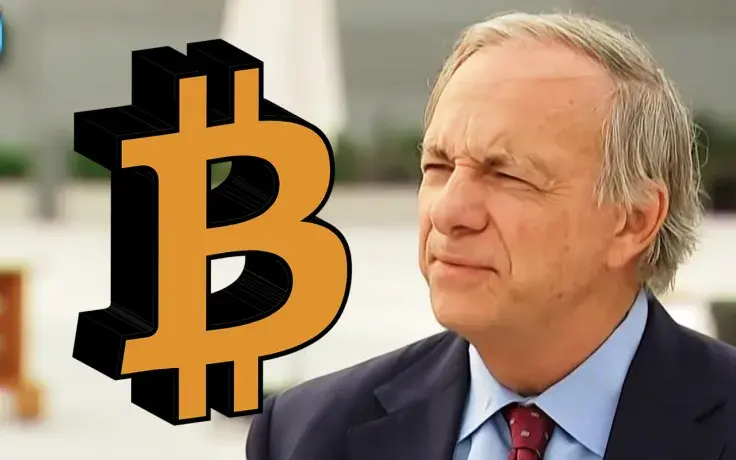Ray Dalio, one of the most prominent hedge fund managers of all time, said that he prefers gold and Bitcoin over bonds during a recent financial conference.
He has warned about unsustainable amounts of debt in countries like the U.S. and China.
Dalio revealed that he owned some Bitcoin for the first time back in May 2021. However, he also warned that the leading cryptocurrency could end up being killed by the government if it were to become too successful.
During the same year, the billionaire stated that Bitcoin was "the younger generation's alternative" to gold.
In 2023, Dalio seemingly adopted a more bearish tone, arguing that Bitcoin was enjoying disproportionate attention compared to other assets.
Later, he also said that he did not understand why some investors were more inclined to pick Bitcoin over gold. He described the yellow metal as a "blue-chip" fiat money alternative while pointing to the fact that crypto was still a small asset class that only accounted for a fraction of major companies like Microsoft.
As reported by U.Today, Bernstein recently predicted that Bitcoin could replace gold as the primary store of value over the next decade.
Bitcoin, which is currently valued at $1.9 trillion, still has a long way to go to match gold's market cap. The yellow metal is the most valuable asset in the world, with a market cap of $18.3 trillion. Assuming that the price of gold remains stagnant, Bitcoin would need to surge above $800,000 in order to challenge gold as the main store of value.
Galaxy Digital CEO Mike Novogratz has predicted that this sort of flippening could happen within the next five years.
Meanwhile, Bitcoin evangelist Michael Saylor is urging the U.S. government to dump its gold reserves in favor of Bitcoin.


 Dan Burgin
Dan Burgin Vladislav Sopov
Vladislav Sopov